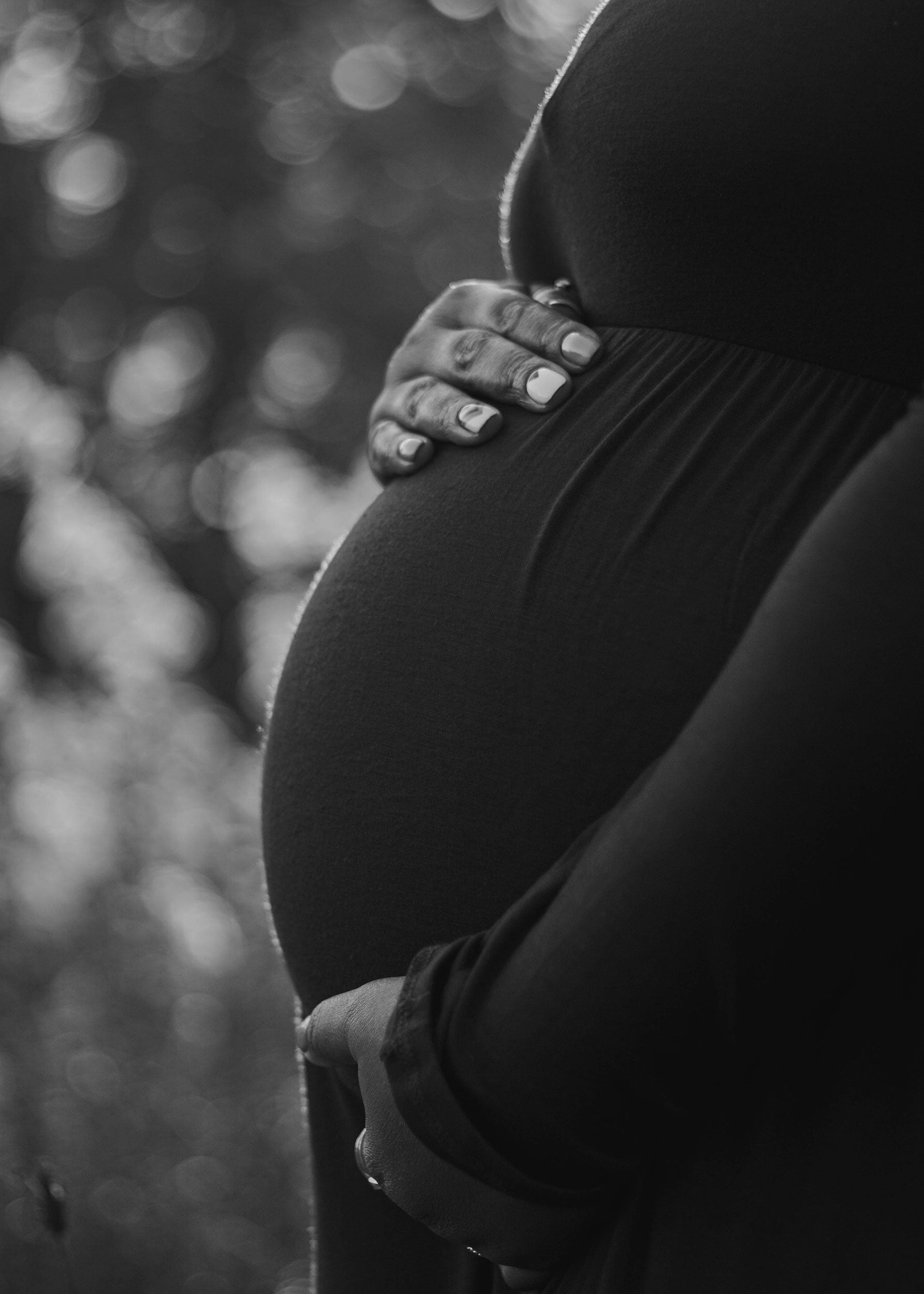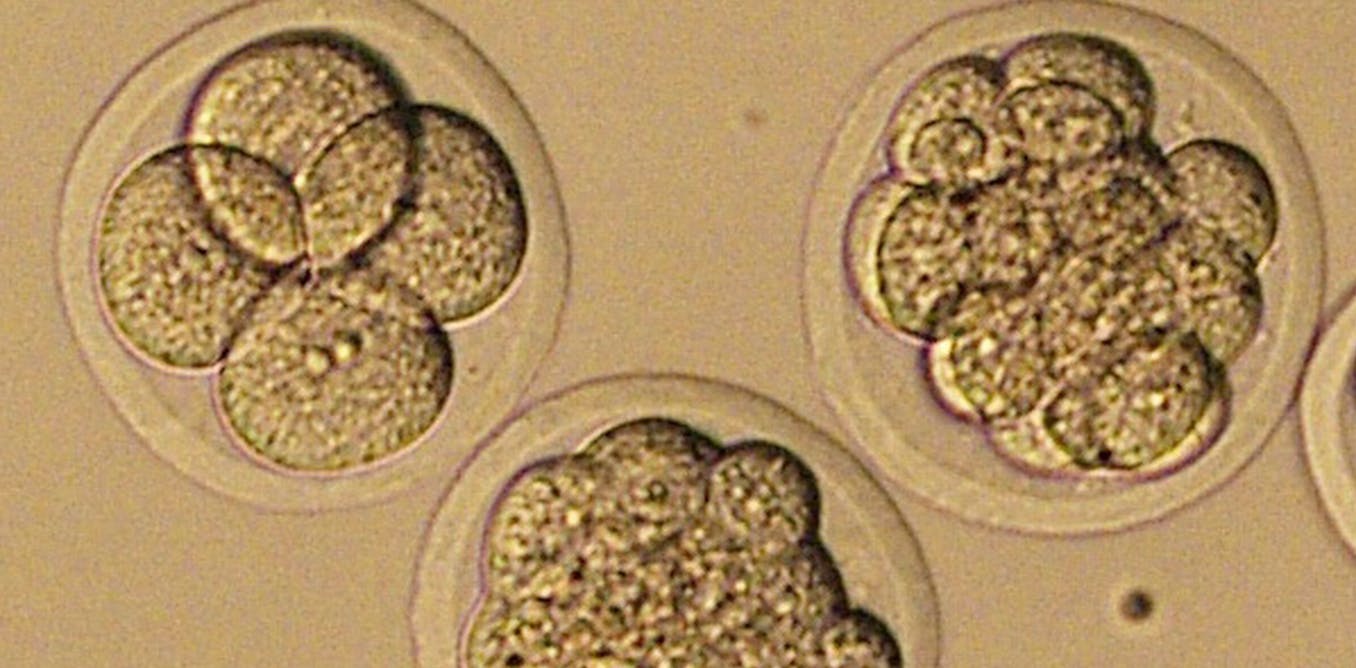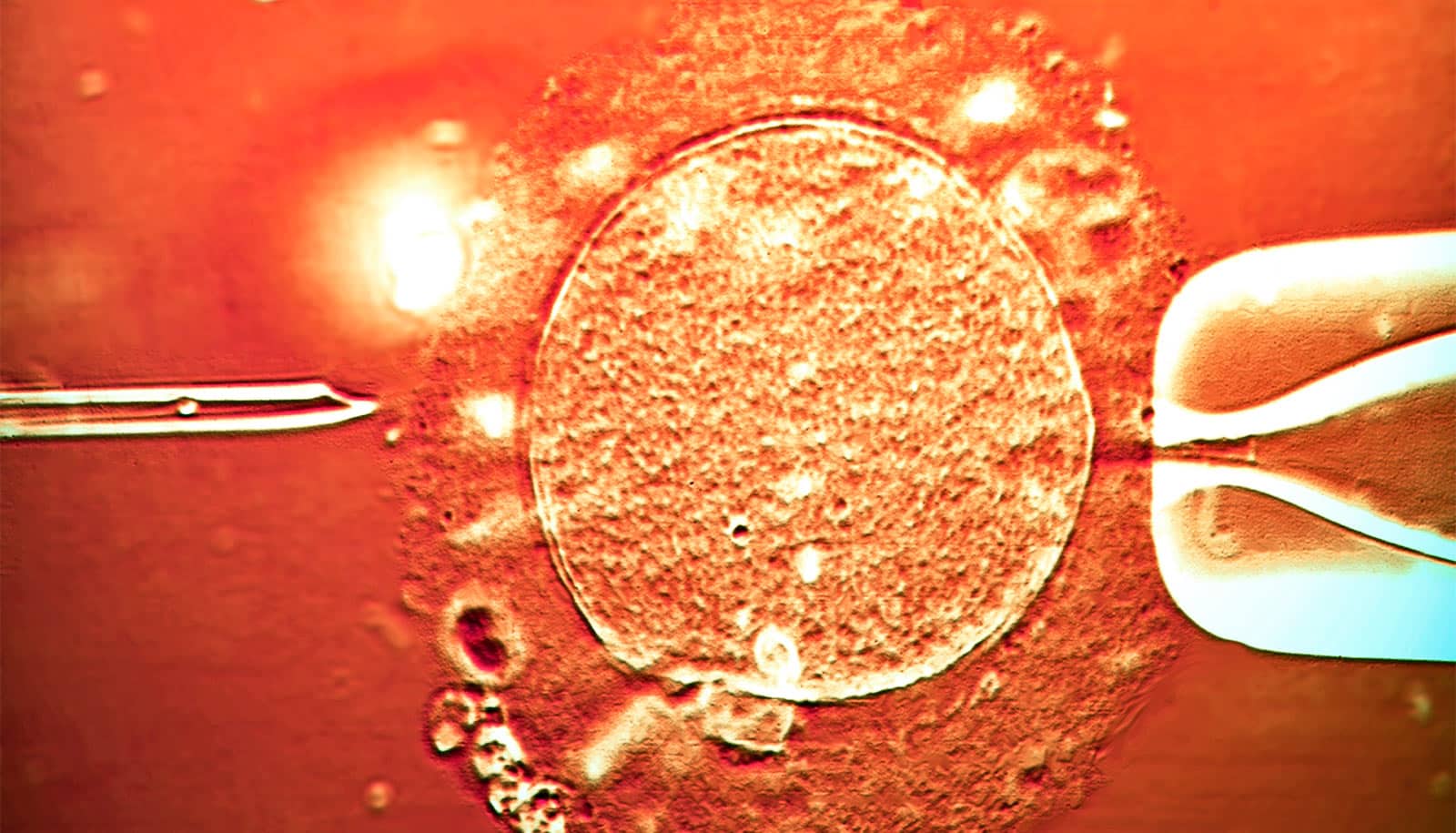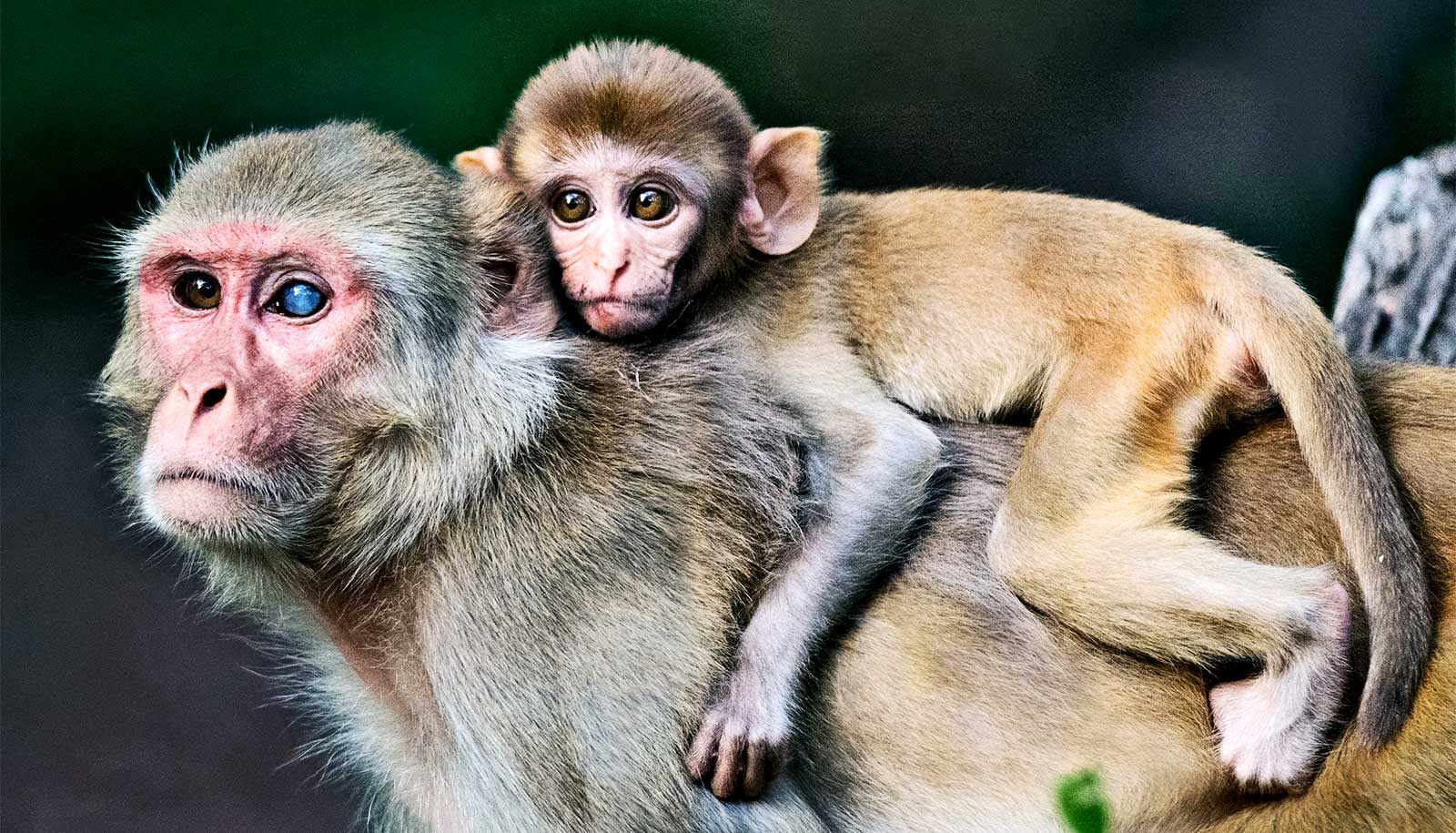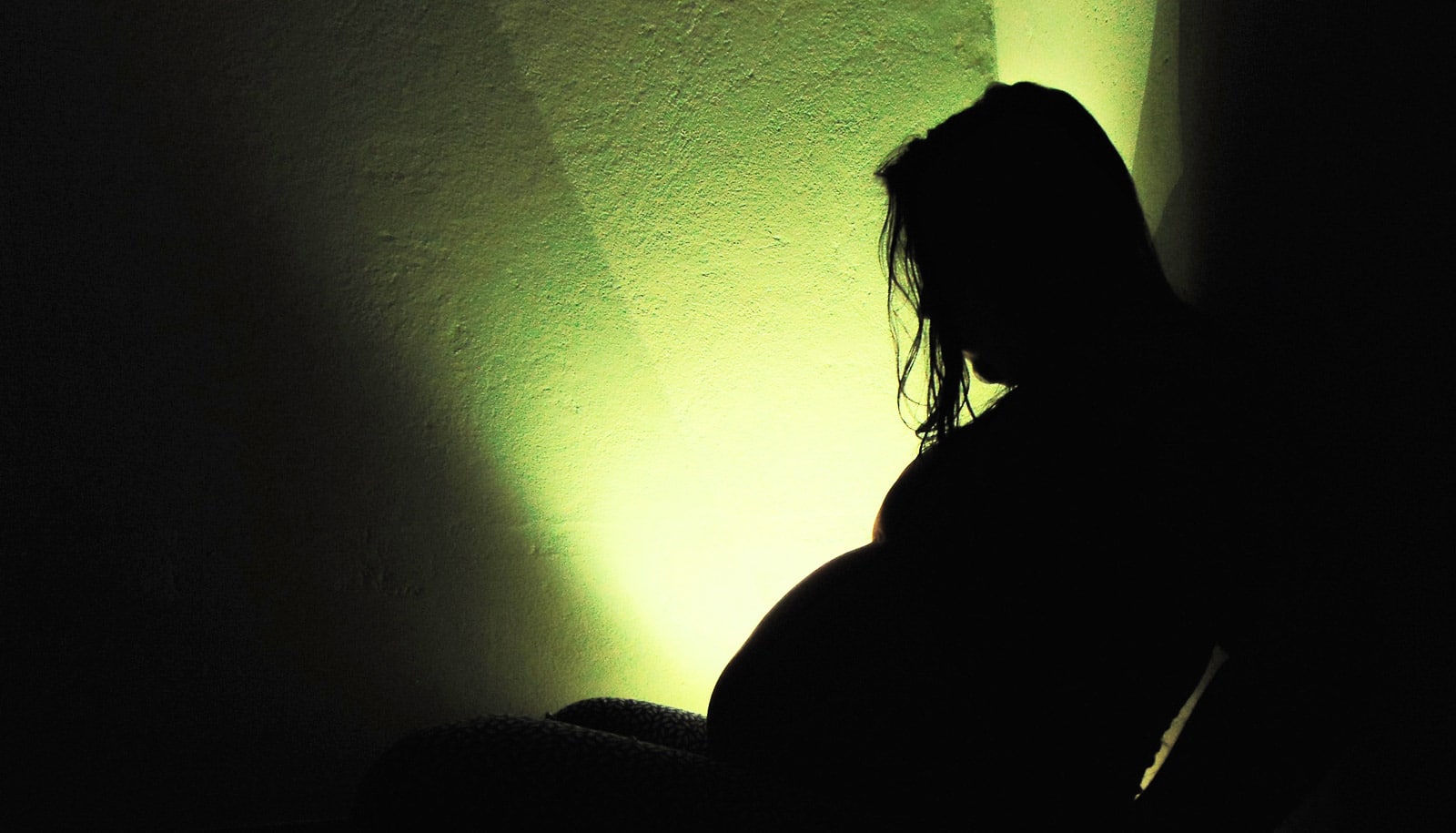Less than 1% of abortions take place in the third trimester – here’s why people get them
The reasons why people may seek out late-term abortions are complex and are often based on new medical information and delays caused by state policies.
Katrina Kimport, Associate Professor of Obstetrics, Gynecology and Reproductive Sciences, University of California, San Francisco
• conversation
May 17, 2022 • ~5 min
May 17, 2022 • ~5 min
Specialized cells maintain healthy pregnancy by teaching the mother's immune system not to attack developing fetus
How the immune system learns not to attack a developing fetus and placenta is important to understanding pregnancy and its common complications, like miscarriage.
Tippi MacKenzie, Professor of Surgery, University of California, San Francisco
• conversation
Aug. 25, 2021 • ~5 min
Aug. 25, 2021 • ~5 min
Lab–grown embryos and human–monkey hybrids: Medical marvels or ethical missteps?
Researchers have grown the first human-monkey hybrid embryos as well as mouse embryos in artificial wombs late into development. These biomedical breakthroughs raise different ethical quandaries.
Sahotra Sarkar, Professor of Philosophy and Integrative Biology, The University of Texas at Austin College of Liberal Arts •
conversation
April 22, 2021 • ~9 min
April 22, 2021 • ~9 min
Pregnancy during a pandemic: The stress of COVID-19 on pregnant women and new mothers is showing
Born into a coronavirus world: how new parents and infants can stay safe.
Elinor Sullivan, Associate Professor of Psychiatry, Oregon Health & Science University
• conversation
Sept. 23, 2020 • ~9 min
Sept. 23, 2020 • ~9 min
How does a baby 'breathe' while inside its mom?
A fetus needs oxygen long before its lungs work and it's exposed to the air. Some ingenious biochemistry explains how the mother's blood delivers it.
Julie Pollock, Associate Professor of Chemistry, University of Richmond •
conversation
May 5, 2020 • ~6 min
May 5, 2020 • ~6 min
/
2

